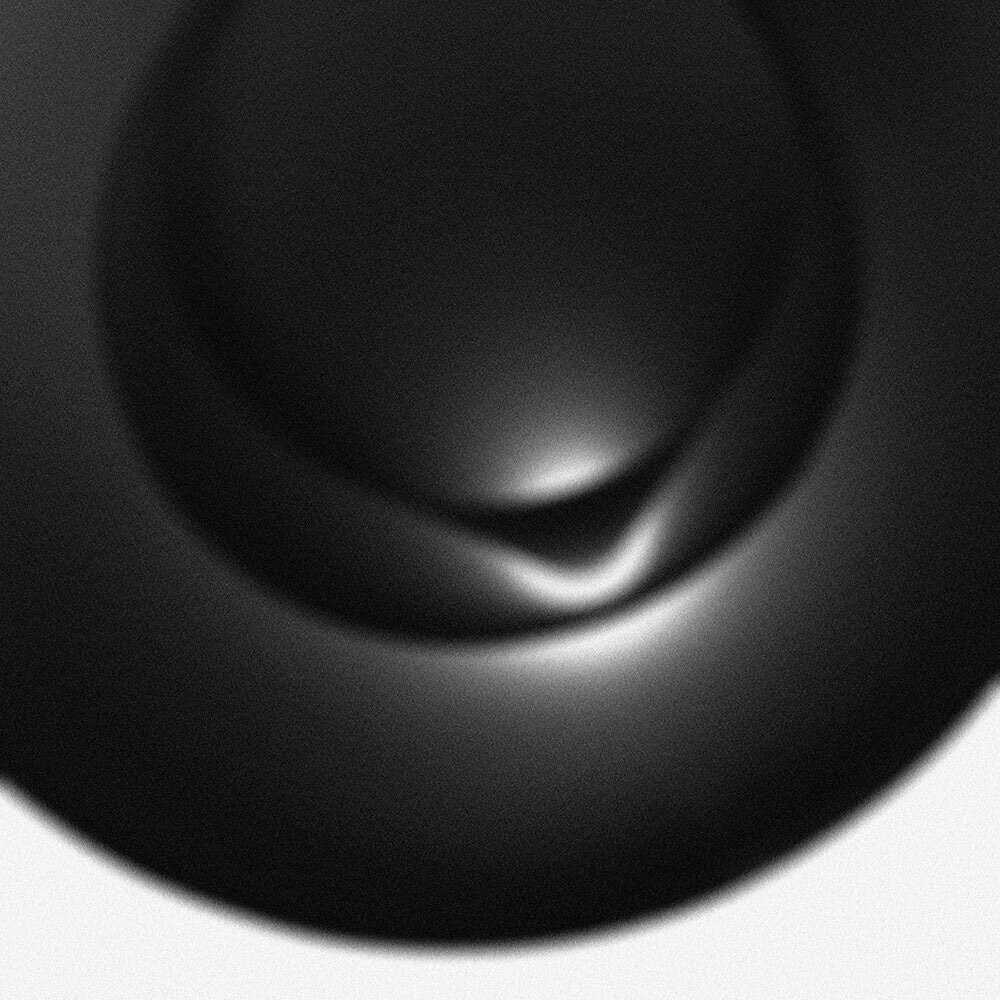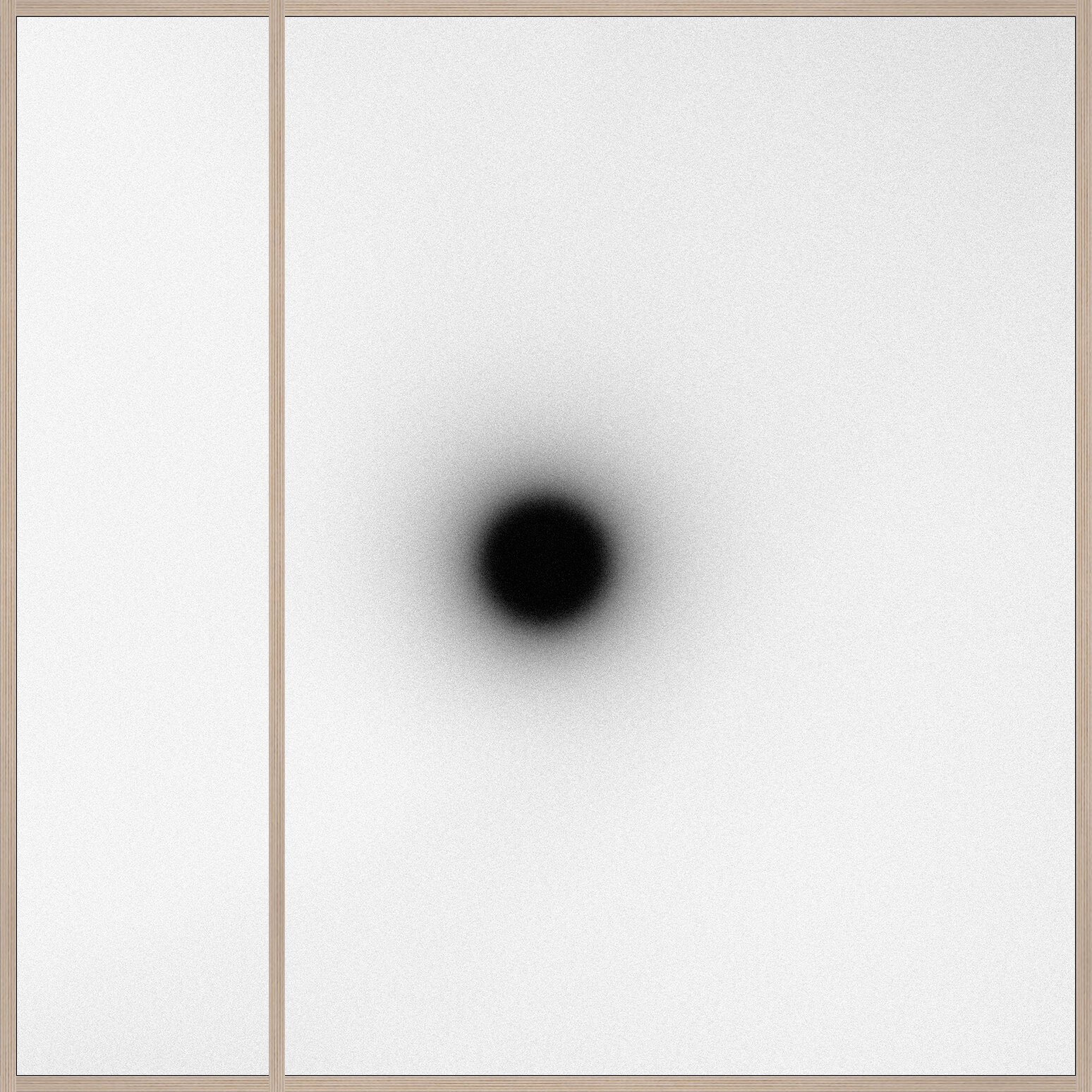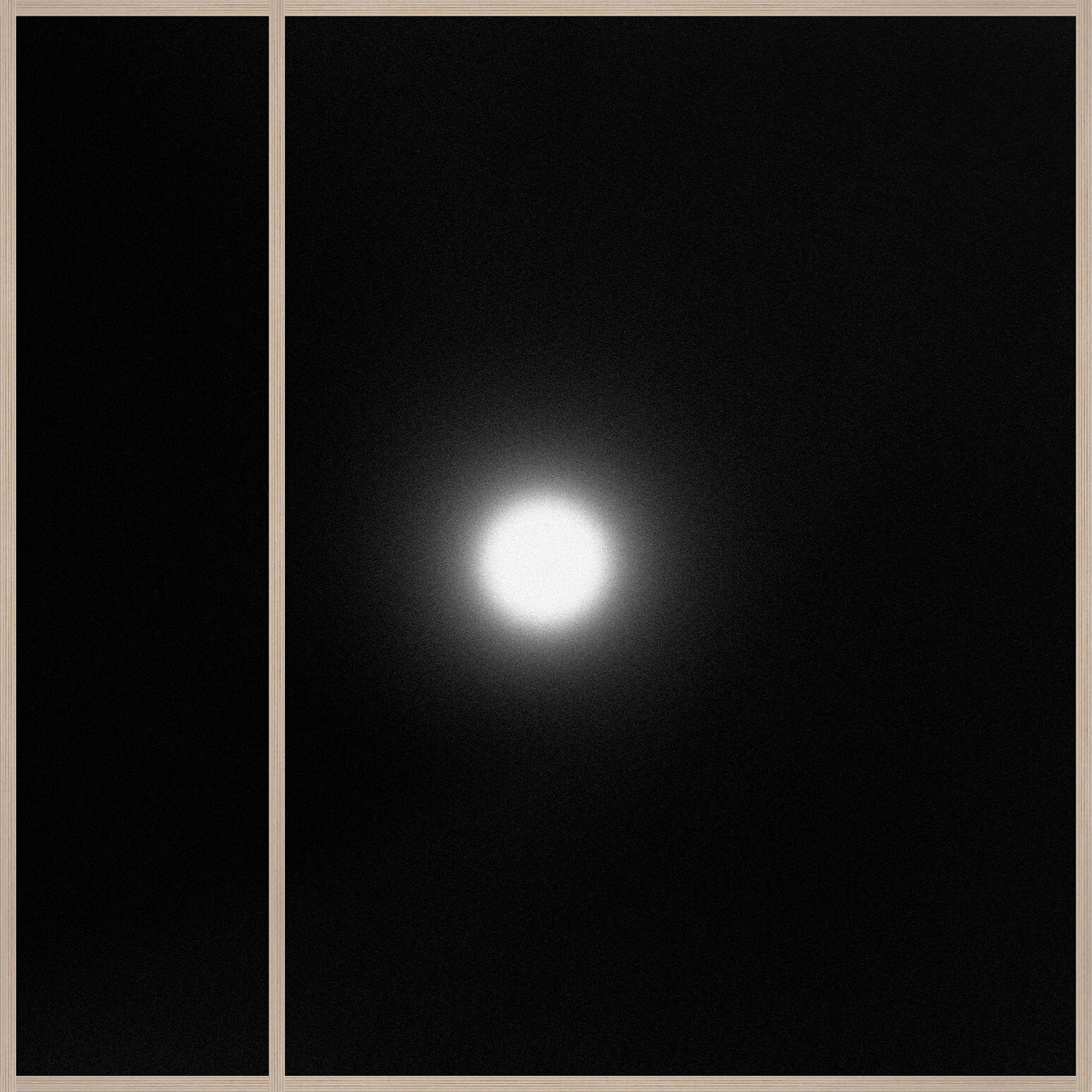“Black Hole in the Space of Consciousness”
Consciousness is not merely a clear light of reason but an infinite field where thoughts, experiences, and memories are born. Yet deep within this field lies a “black hole” — a space where unacknowledged desires, fears, and shadows we prefer to ignore are drawn. The “Black Hole in the Space of Consciousness” symbolizes the internal collapse that occurs when a person confronts the inexplicable void within themselves.
The black hole in the space of consciousness is a metaphor for moments when the mind consumes itself. It is the hidden realm within us where logic and rationality lose their power. We fear these places because they point to our vulnerability and insignificance in the face of infinity. It is a plunge into an existential void, where the division between “self” and “other” dissolves, and time becomes a still, boundless silence.
This black hole is a meeting point with our deepest fears — fear of loneliness, oblivion, and meaninglessness. Within it, we face questions without answers. Can we accept that reality does not always lend itself to explanation? Are we ready to realize that beyond our familiar thinking lies an abyss that defies rationalization?
The black hole is a paradoxical zone where time ceases to be linear. In this void, the past, present, and future coexist simultaneously, blending into an endless moment. Events and emotions we tried to forget continue to exist in this hidden space, surfacing unexpectedly. We are not only the people we seem to be in the present but also the sum of our shadows and forgotten memories, circling in the vortex of consciousness.
This inner emptiness offers the potential for transformation. Only by confronting the chaos and darkness within can we understand that identity is not a static structure but a constant movement between light and shadow, awareness and oblivion. The paradox is that, by facing the void, a person finds the possibility of rebirth and an expansion of consciousness.
The black hole is not the end but a beginning. It symbolizes not only the loss of meaning but also the opportunity for its regeneration. In moments of existential crisis — when the old structures of consciousness disintegrate — a new space for perception opens. Here, a person gains freedom from imposed social expectations and can create a personal reality unbound by fear of the unknown.
Within this black hole lies a truth: we will never fully understand ourselves or others. Yet this realization need not lead to despair. On the contrary, it invites us to embrace the unknown as an essential part of our existence. The black hole becomes an ally, teaching us humility before the vastness of the unknown and inspiring us to pursue an endless search for meaning.
This concept encourages the viewer not to fear descending into their own internal black hole — the aspects of themselves that seem frightening or incomprehensible. We cannot truly find ourselves if we avoid the shadow. Only by confronting the void do we understand that it is part of us, and through it, we can attain the fullness of being.
“Black Hole in the Space of Consciousness” invites us to embrace life’s paradox: that meaning arises only in the absence of meaning, that light exists only in the presence of darkness, and that presence is only possible against a backdrop of emptiness. In this context, our inner black hole becomes not a source of fear but a space for endless self-discovery, where we do not find definitive answers but gain the capacity to ask eternal questions.



























